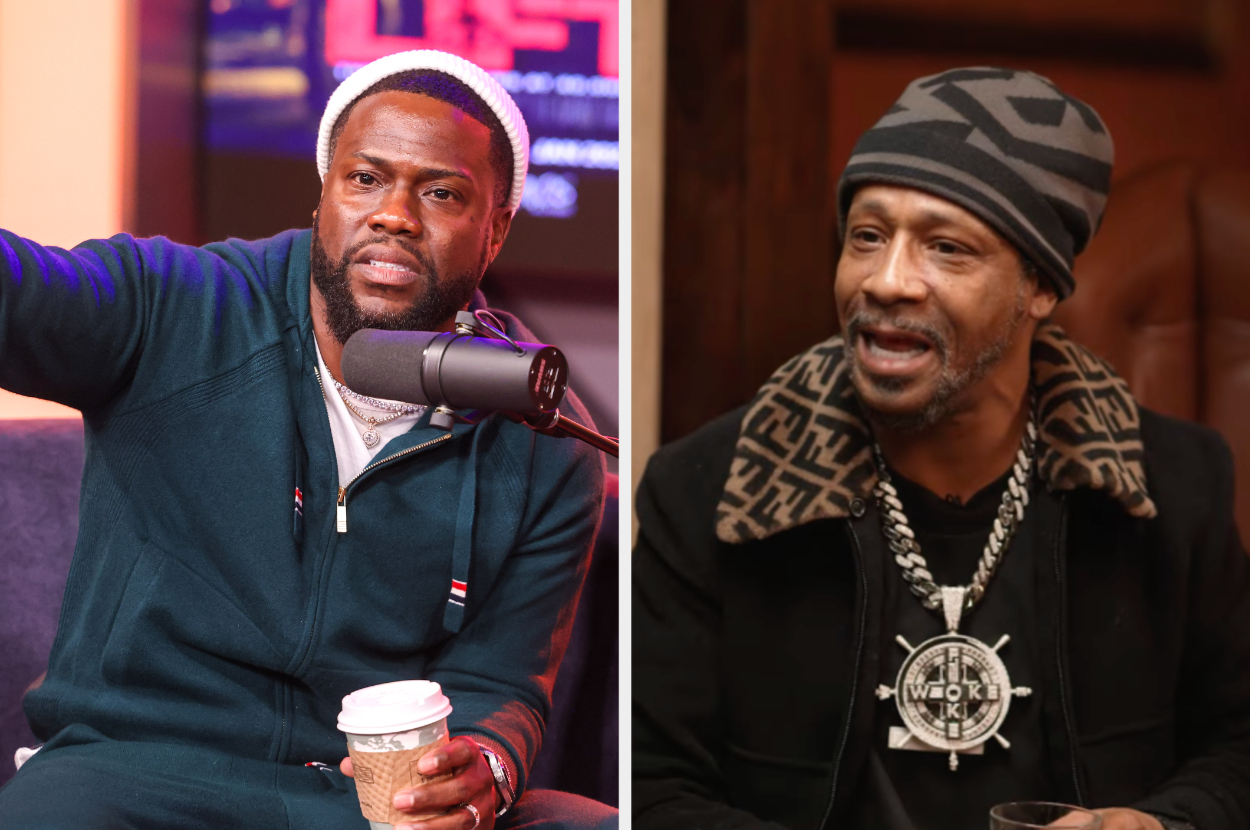In the comedy world, where humor reigns supreme, recent remarks by veteran comedian Cat Williams have stirred significant controversy.
Williams, renowned for his sharp tongue and candid opinions, directed a series of pointed comments at fellow comedian Kevin Hart during several interviews. This has led to a heated back-and-forth between the two comedy giants, captivating fans and raising questions about integrity, success, and the nature of fame in Hollywood.
The feud hit a peak when Williams accused Hart of being an “industry plant,” implying that Hart had compromised his principles for Hollywood fame and fortune. Williams didn’t hold back, suggesting that Hart had traded his dignity for a paycheck. These biting remarks resonated with both fans and other comedians, sparking a debate about the true cost of success in the entertainment industry.
Kevin Hart, known for his rapid rise to fame and widespread presence in mainstream entertainment, did not take Williams’ accusations lightly. In his defense, Hart emphasized personal responsibility and recounted his own journey to success. He urged Williams to take accountability for his own actions instead of blaming Hollywood executives.
This exchange highlights a broader conversation within the comedy community about authenticity, artistic integrity, and the power dynamics in Hollywood. Williams’ critique of Hart for accepting roles he himself turned down brings to light the tension between creative freedom and the pressures of the industry.

Moreover, Williams’ comments underscore the complex relationship between comedy and identity. His steadfast refusal to compromise his principles for mainstream success resonates with those who prioritize artistic integrity above all else. On the other hand, Hart’s pragmatic approach to navigating the entertainment world reflects the challenges faced by marginalized voices striving for recognition and representation.
The clash between Williams and Hart has polarized fans and sparked lively debates across social media. Some praise Williams for speaking truth to power and challenging the status quo, while others view his remarks as unnecessary and divisive. Meanwhile, Hart’s supporters argue that his success is a result of hard work and talent, while his critics accuse him of selling out to corporate interests.

Beyond the personal conflict between Williams and Hart, their feud sheds light on deeper issues within the comedy world, such as gatekeeping, systemic bias, and the commercialization of humor. As comedians navigate these complexities, they must balance questions of authenticity and artistic freedom with the need to connect with diverse audiences.
Ultimately, the conflict between Williams and Hart serves as a powerful reminder of comedy’s ability to provoke, challenge, and inspire. While their feud may stem from personal grievances, it reflects broader tensions within the entertainment industry and society. As fans and observers, it is essential to engage critically with these issues, acknowledging the intricacies of creative expression and the complexities of fame in today’s world.
